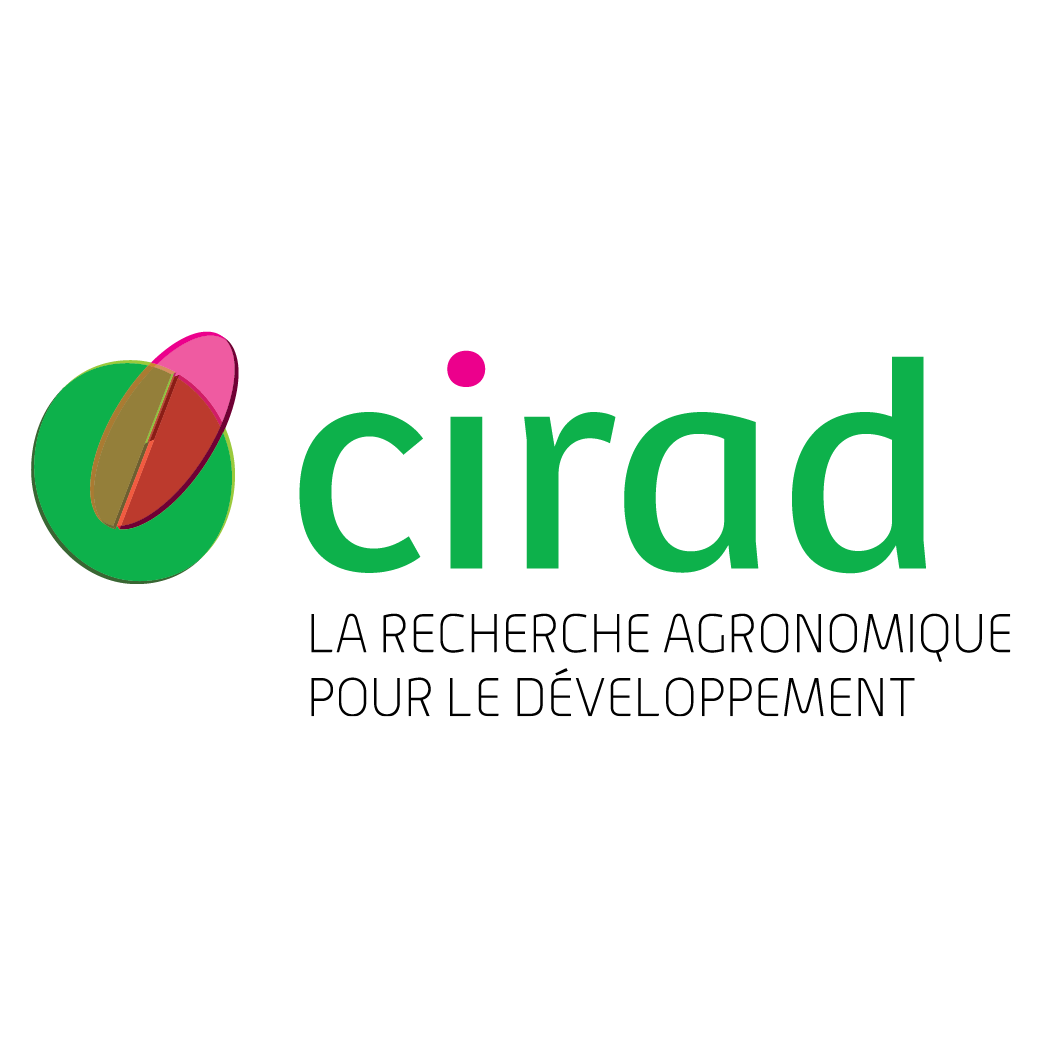Research laboratories
- Home
- Find a research laboratory
- Genetic improvement and adaptation of mediterranean and tropical plants
UMR 1334 - Genetic improvement and adaptation of mediterranean and tropical plants (AGAP)
The joint research unit AGAP develops scientific research of excellence in plant biology and plant genetics and produces knowledge to meet the major societal challenges of agriculture in the South and North.
The unit is structured in three thematic fields
• Diversities & Genomes: structure, domestication, environments, societies
The biodiversity of cultivated plants offers varied and numerous sources of adaptive capacity.
• Development and Adaptation of Plants and Stands
The scientific issue of Thematic Field 2 is to understand the development and adaptation mechanisms governing the elaboration of phenotypes, along with their genetic components.
• Integrative approaches for varietal innovation
The progresses made in integrative biology, the increasing availability of data from high-throughput genotyping and phenotyping technologies and simulation tools (crop and genetic modelling) are opening up new prospects for variety creation programmes, in order to analyse the genetic bases of quantitative traits involved in the adaptation of plants, to define plant ideotypes, and to optimize novel material creation schemes.
Twelve research teams are working on tropical and Mediterranean crops (rice, wheat, sorghum, sugar cane, banana, coconut, oil palm, yam, coffee, rubber, cacao, cotton, apple, grapevine, olive, forest species, eucalyptus, etc.) covering a very broad range of biological characteristics and uses by farmers.
AGAP unit brings together more than 400 people, including 300 permanent staff. It is composed for half of scientific executives and it welcomes doctoral students, post-docs and researchers, in particular from the South. The agents are mainly located in Montpellier, on the Lavalette and La Gaillarde campuses, in San Giuliano in Corsica, as well as on the Neufchâteau and Roujol stations in Guadeloupe, on the Martinique agri-environmental research centre (PRAM), the Kourou site in French Guiana, in Réunion, and in Nouméa in New Caledonia.
Supervisory bodies



Unit Manager
Patrice THISLocation
Region : Occitanie (Montpellier)University site : Université de Montpellier (MUSE)
Address :
Campus INRA / Montpellier SupAgro - 2 place Viala - 34060 Montpellier cedex 02
© Agreenium, the French training and research alliance for agriculture, food, environment and global health - Contact

